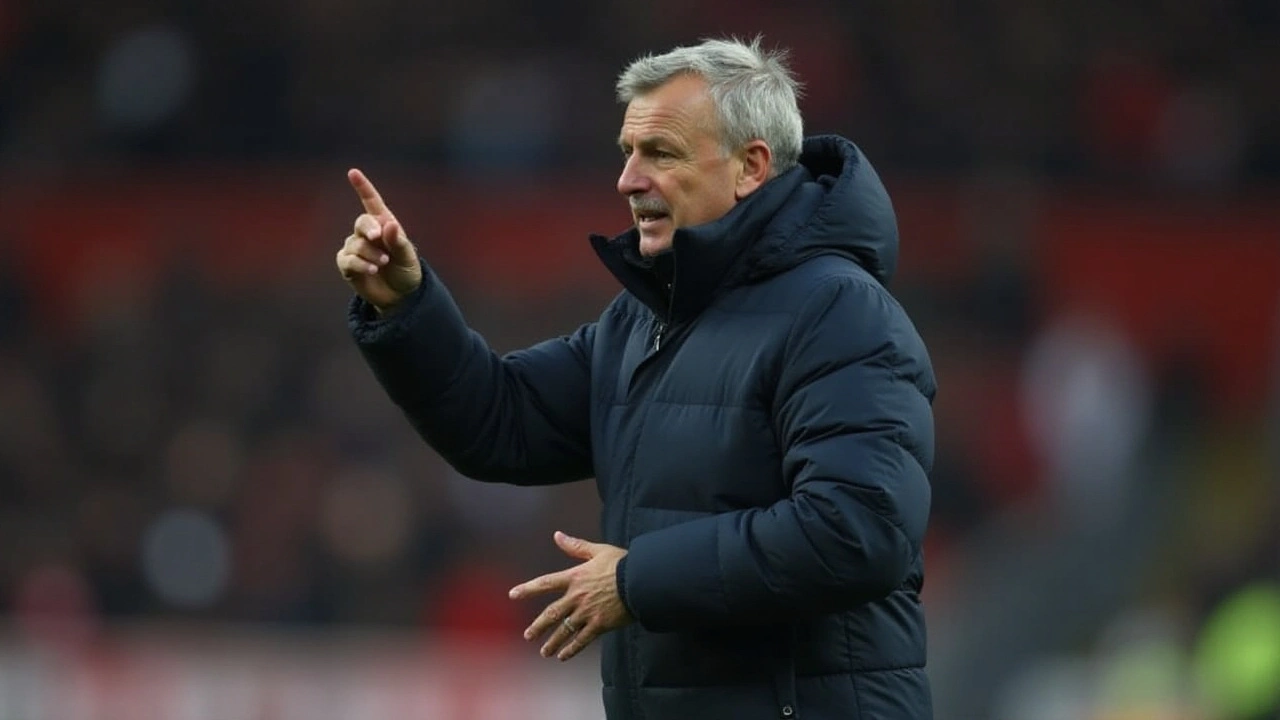- Liverpool in Pursuit of Juventus Star Federico Chiesa: Latest Transfer Update Aug 27, 2024
- Vinicius Junior Emerges as Top Contender for 2024 Ballon d'Or Post Real Madrid's Champions League Triumph Jun 2, 2024
- South Africa's Fuel Price Reduction Brings Relief to Motorists for Second Consecutive Month Jul 3, 2024
- Malawi's Urgent Search for Missing Military Plane with Vice President: International Support Pouring In Jun 12, 2024
- Malema-Shivambu Fallout Casts Shadow Over EFF's Future Leadership Aug 16, 2024
UEFA Conference League — What It Is and Why It Matters
Want to follow a European competition where smaller clubs get big moments? The UEFA Conference League was created for that. It gives teams from mid-ranked leagues a real shot at group-stage nights, TV exposure, and a trophy that matters.
How the competition works
The basic flow is simple: summer qualifying rounds, a group stage, then knockouts. Clubs earn spots through their domestic league or cup results. Some teams drop in from the Europa League if they finish third in their groups.
Group stage: 32 teams split into eight groups of four. Each team plays home and away. Group winners move straight to the round of 16. Runners-up go into a knockout round play-off against Europa League dropouts. Win there and you join the group winners in the last 16.
From the round of 16 it’s two-legged ties until the final, which is a single match at a neutral stadium in May. The calendar usually starts with qualifiers in July, group games from September to December, and knockouts from February to May.
Why fans should care
This cup creates surprise nights. Smaller clubs face bigger names, but the gap is smaller than in the Champions League. That means shock results, standout players getting scouted, and intense local interest. For fans, it’s a chance to see new talent before they hit bigger stages.
For clubs, the Conference League brings extra revenue from TV, ticket sales, and UEFA prize money. It also boosts club coefficients, which helps future European seeding. Young players get experience against different styles — that’s valuable for development.
Want practical tips? If your club is in qualifiers, check match dates early: travel and tickets sell fast. Follow official club channels for squad news and ticket offers. Expect midweek fixtures, so plan weekends or work around evening kickoffs.
Where to watch: broadcast rights change by country. Check local sports channels, the UEFA website, and club social pages for live streams and highlights. Some matches appear on free-to-air channels in certain countries; others go to subscription platforms. UEFA.tv posts highlights and clips if you miss a game.
Betting and fantasy: if you play fantasy or place small bets, look for players from smaller leagues who excel in early rounds. Injuries and rotation are common once clubs juggle domestic games, so check lineups before betting.
Tracking news: follow reliable outlets and the competing clubs rather than rumor pages. The Conference League often features sudden transfers and breakout performances — staying updated helps you spot big moves early.
Bottom line: the UEFA Conference League is where underdogs grow, scouts find talent, and fans get fresh European nights. Whether you want upsets, future stars, or lively atmospheres, this competition delivers plenty to watch and enjoy.
Chelsea Pursues Another Victory Against Panathinaikos in UEFA Conference League Clash
- Katlego Sean Mahaye
- Oct 24, 2024
Chelsea faced Panathinaikos in a UEFA Conference League match at the Athens Olympic Stadium, with fans eagerly watching. Under coach Enzo Maresca, Chelsea aimed for their second consecutive win in the competition. Despite resting key players, Chelsea put forth a strong lineup. Panathinaikos played at home following a tragic loss and sought to challenge the visitors. Predictions favored a Chelsea victory, setting the stage for an intense game.
